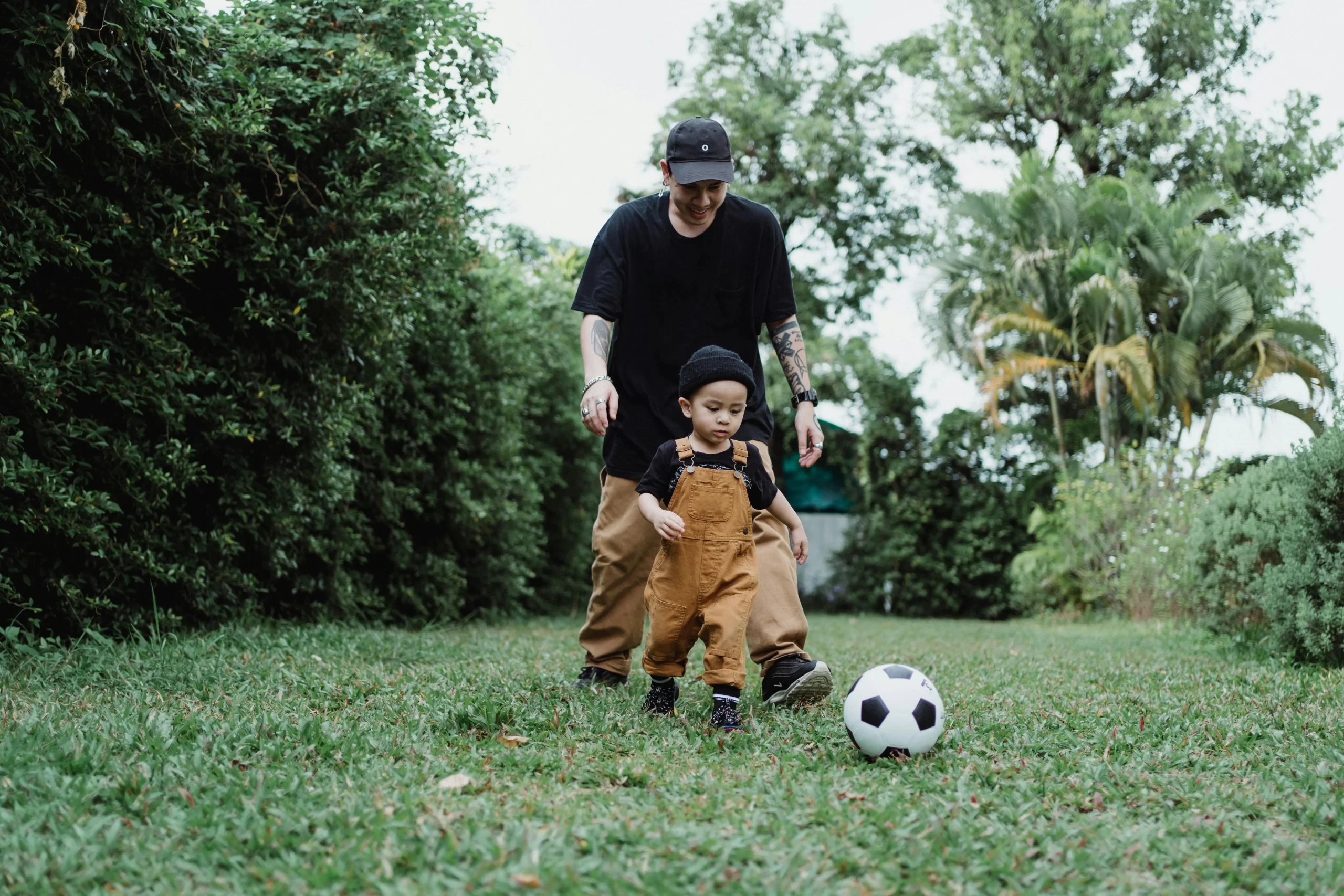How to Handle Sibling Rivalry in Sports for Better Teams
As parents of athletes, you know that competition can be a double-edged sword. While it can drive your children to excel, it can also create tension, especially between siblings. Sibling rivalry can lead to jealousy, conflicts, and even a negative attitude towards sports. As you watch your children compete, you may find yourself caught in the middle of their struggles. But what if I told you that you can turn this rivalry into a source of motivation? By fostering a supportive environment and encouraging teamwork, you can help your children celebrate each other’s successes. Let’s explore how to transform sibling rivalry into a positive force in your home.
Understanding the Roots of Sibling Rivalry
Before we can address sibling rivalry, it’s essential to understand its roots. Competition is natural, especially in sports. However, when siblings compete, feelings of jealousy and resentment can arise. Here are some common triggers:
- Unequal Attention: Parents may unintentionally favor one child, leading to feelings of inadequacy in the other.
- Comparisons: Constantly comparing siblings can foster resentment rather than healthy competition.
- Different Skill Levels: When one sibling excels while the other struggles, it can create feelings of frustration and jealousy.
Recognizing these triggers is the first step in mitigating rivalry.
Steps to Foster a Supportive Environment
Creating a supportive environment at home can significantly reduce sibling rivalry. Here’s how you can do it:
- Encourage Teamwork
- Promote activities that require collaboration rather than competition.
- Consider team sports where siblings can play together. This fosters camaraderie and reduces rivalry.
Transition: Once you’ve established a teamwork mindset, it’s time to focus on individual strengths.
- Celebrate Individual Achievements
- Acknowledge each child’s unique talents and accomplishments.
- Create a family tradition of celebrating personal milestones, whether big or small.
Transition: Celebrating achievements helps build self-esteem and reduces feelings of jealousy.
- Avoid Comparisons
- Make a conscious effort to avoid comparing your children’s performances.
- Instead, focus on their individual journeys and improvements.
Transition: This shift in focus helps each child feel valued for who they are.
- Set Common Goals
- Help your children set shared goals, whether in sports or academics.
- Working towards a common objective can shift the focus from competition to collaboration.
Transition: With shared goals, siblings can learn to support each other rather than compete.
- Create Family Sports Days
- Organize family sports days where everyone participates in various activities.
- This encourages fun and teamwork, allowing siblings to bond over shared experiences.
Transition: Family sports days can help solidify relationships and create lasting memories.
- Encourage Open Communication
- Foster an environment where your children can express their feelings.
- Encourage them to discuss their frustrations and celebrate each other’s successes openly.
Transition: Open communication can help prevent misunderstandings and promote empathy.
- Model Positive Behavior
- As parents, demonstrate how to handle competition gracefully.
- Show your children how to congratulate others and handle disappointment with dignity.
Transition: Your actions speak louder than words, and modeling positive behavior sets the tone for your children.
Tips for Managing Rivalry During Competitions
Even with a supportive environment, sibling rivalry may flare up during competitions. Here are some tips to manage these situations:
- Stay Neutral: As a parent, avoid taking sides. Offer encouragement to both children, regardless of the outcome.
- Focus on Effort: Emphasize the importance of effort over winning. This helps your children appreciate hard work rather than just the results.
- Discuss Expectations: Before competitions, talk with your children about what they expect from each other. Setting mutual expectations can reduce tension.
- Post-Game Reflections: After competitions, encourage your children to reflect on their experiences together. Focus on what they learned and how they can support each other moving forward.
Troubleshooting Common Issues
Sometimes, despite your best efforts, sibling rivalry may persist. Here are some common issues and how to address them:
- Persistent Jealousy: If one sibling continues to feel jealous, encourage them to express their feelings. Validate their emotions and help them find ways to cope.
- Negative Comments: If siblings make negative remarks about each other, intervene immediately. Reinforce the importance of respect and support.
- Lack of Motivation: If one child seems unmotivated due to rivalry, explore their interests outside of sports. Finding a passion can reignite their enthusiasm.




